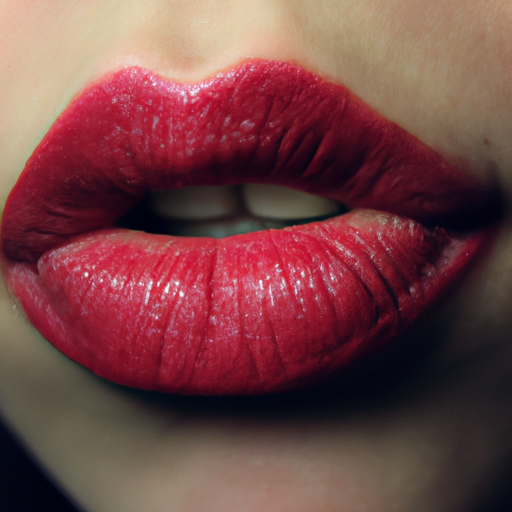As a dermatologist, I have encountered numerous patients who are dealing with the discomfort and embarrassment of chapped lips. This common condition can be a source of frustration, especially when it seems to persist despite efforts to alleviate it. However, understanding the causes behind chapped lips can help you take effective measures to prevent and treat this issue.
Chapped lips, medically known as cheilitis, are characterized by dry, flaky, and sometimes painful lips. The skin on our lips is thinner and more delicate than the skin on other parts of our body, making it more susceptible to damage. There are several factors that can contribute to chapped lips, some of which may surprise you.
One of the most common causes of chapped lips is environmental conditions. Cold, dry weather can sap moisture from the skin, including the lips, leading to dryness and flaking. On the other hand, excessive heat and sun exposure can also cause lips to become dry and cracked. It’s important to protect your lips from extreme weather conditions by using a lip balm with SPF and wearing a scarf or mask in cold weather.
Dehydration is another major cause of chapped lips. When your body is dehydrated, it affects all your skin, including your lips. Drinking plenty of water throughout the day can help keep your lips hydrated from the inside out.
Certain medications can also lead to chapped lips as a side effect. For example, acne medications like isotretinoin are known to cause severe dryness of the skin and lips. If you’re taking a medication that’s causing your lips to chap, it’s important to discuss this with your doctor or pharmacist.
Licking your lips may seem like a quick solution to dryness, but it actually exacerbates the problem. Saliva evaporates quickly, leaving your lips drier than before. Moreover, enzymes in saliva that are meant to aid digestion can irritate the skin of your lips, leading to further dryness and cracking.
Lastly, some people may experience chapped lips as a result of an allergic reaction. Certain lip balms, toothpastes, foods, or makeup products can cause an allergic reaction leading to dry, cracked lips. If you suspect an allergy, it’s important to identify and avoid the offending product.
In most cases, chapped lips can be effectively treated with simple home remedies. Regularly applying a good quality lip balm that contains emollients like beeswax or shea butter can help seal in moisture and protect your lips from environmental damage. If your lips are severely chapped or don’t improve with home care, it’s important to seek medical attention. In some cases, chapped lips may be a sign of an underlying health condition like a vitamin deficiency or a more serious skin disorder.
In conclusion, while chapped lips are a common issue, understanding the causes can help you take steps to prevent and treat this condition. Remember to protect your lips from harsh weather, stay hydrated, avoid lip-licking, and be aware of potential allergens in your personal care products. With the right care and attention, you can maintain healthy, comfortable lips all year round.



